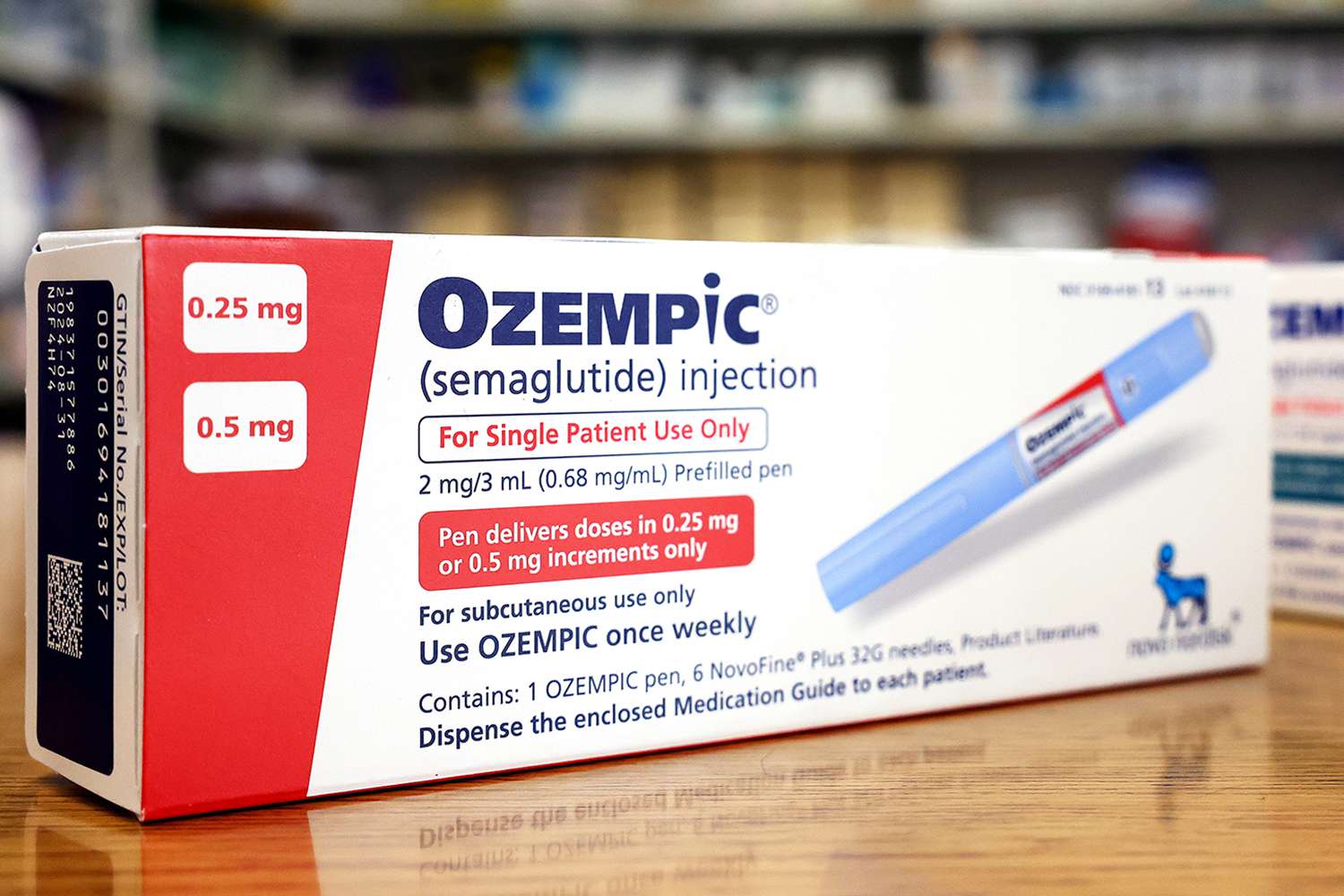The widely-used diabetes treatment, Ozempic, created by Novo Nordisk, could become the focus of pricing discussions between manufacturers and Medicare. This move is part of the Biden administration’s strategy to reduce medication costs for Medicare Part D, aiming to implement changes by 2026. Ozempic is likely to join the negotiations in 2025, potentially affecting its prices by 2027.
Due to its substantial Medicare Part D spending, Ozempic is expected to be a significant candidate for price negotiations. In 2021 alone, Medicare spent over $2 billion on this drug, a sum comparable to other medications chosen for price talks. Analysts predict that with the increasing demand for such treatments, Medicare’s expenditure on Ozempic will remain high.
Novo Nordisk’s Rybelsus, an orally-taken diabetes drug containing the same active ingredient as Ozempic, could also face pricing discussions. Both drugs are often covered by Part D plans for patients with Type 2 diabetes, but not for off-label uses such as weight loss. On the other hand, Novo Nordisk’s obesity injection Wegovy, which also uses the same ingredient, is unlikely to be targeted for negotiations since Medicare does not cover weight loss drugs.
A spokesperson from Novo Nordisk did not directly comment on Ozempic’s potential inclusion in future negotiations but expressed concerns about the negotiation process conducted by the federal Centers for Medicare and Medicaid Services (CMS). Ozempic, Rybelsus, and Wegovy are part of a class of drugs known as GLP-1s, designed to mimic a gut-produced hormone that curbs appetite.
Though Ozempic and Wegovy have sparked interest in the weight loss industry, their prices are high, ranging from $900 to over $1,300 per month. Medicare and private insurers typically secure discounts on covered drugs, but the extent of these discounts remains uncertain.
The possibility of reducing Ozempic’s price through negotiations could lead to substantial Medicare savings. An estimated $1.3 billion could be saved if Ozempic’s price were slashed by 40%, while a similar reduction in Rybelsus’s price would save around $342 million. Lowering Ozempic’s negotiated price could particularly benefit the approximately 28% of Medicare beneficiaries with diabetes.
There’s potential for negotiations to impact Wegovy, especially if Medicare begins covering the injection and other weight loss treatments before the next round. Recent trial data indicated that Wegovy could lower the risk of heart-related issues by 20%, suggesting broader health benefits beyond weight loss. Lowering prices for selected drugs could also free up Medicare’s budget, potentially allowing coverage for popular GLP-1s like Wegovy.
(Source: Annika Kim Constantino | CNBC | Allison Gatlin | Investor’s Business Daily)









